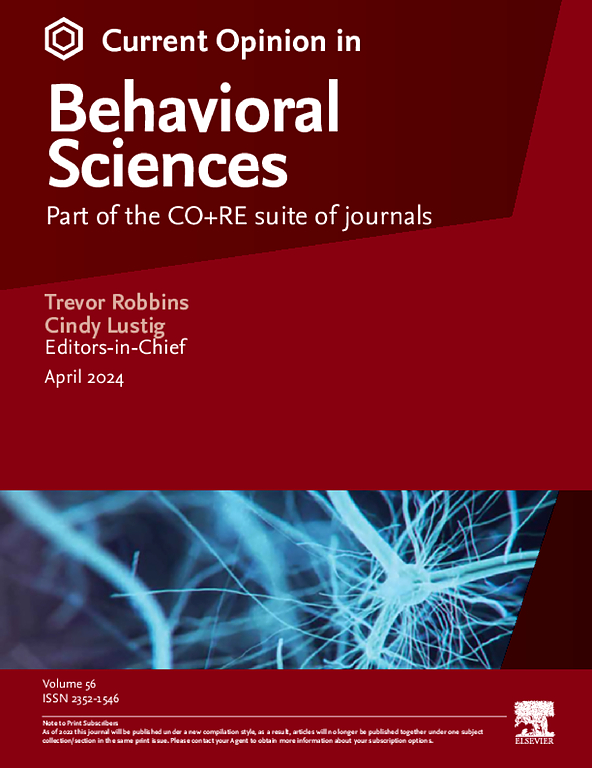对行为困难的批判性反思:提出障碍优先的方法
IF 3.5
2区 心理学
Q1 BEHAVIORAL SCIENCES
引用次数: 0
摘要
当有人告诉我们他们关心保护环境时,我们应该相信他们吗?有人说,我们只能通过观察一个人公开的环保行为来判断他保护环境的积极性。行为困难方法认为,一个人做的亲环境行为越困难,成本越高,他就越关心保护环境。相反,我们认为,当我们不考虑人们根据他们所处的环境(如住房状况)和他们获得的资源(如可支配收入)来满足行为成本的能力时,我们在估计公开的亲环境行为的亲环境动机时犯了错误,这可能对那些已经处于不利地位的人(如低收入者)特别有害。我们提出了一种障碍优先的方法,专注于阻止人们采取行动保护环境的(强烈)动机,并寻求消除这些障碍。本文章由计算机程序翻译,如有差异,请以英文原文为准。
A critical reflection on behavioural difficulty: proposing a barrier-first approach
When someone tells us that they care about protecting the environment, should we believe them? Some say we can only tell how motivated someone is to protect the environment by looking at their overt pro-environmental behaviour. The behavioural difficulty approach argues that the more difficult and costly the pro-environmental behaviour someone does, the more they care about protecting the environment. In contrast, we argue that when we do not account for people’s abilities to meet behavioural costs based on the context they live in (e.g. housing situation) and their access to resources (e.g. disposable income), we make errors in estimating pro-environmental motivation from overt pro-environmental behaviour, which are likely to be particularly detrimental for those who are already disadvantaged (e.g. on low incomes). We propose a barrier-first approach, focusing on what prevents people from acting on their (strong) motivation to protect the environment and looking to remove those barriers.
求助全文
通过发布文献求助,成功后即可免费获取论文全文。
去求助
来源期刊

Current Opinion in Behavioral Sciences
Neuroscience-Cognitive Neuroscience
CiteScore
10.90
自引率
2.00%
发文量
135
期刊介绍:
Current Opinion in Behavioral Sciences is a systematic, integrative review journal that provides a unique and educational platform for updates on the expanding volume of information published in the field of behavioral sciences.
 求助内容:
求助内容: 应助结果提醒方式:
应助结果提醒方式:


